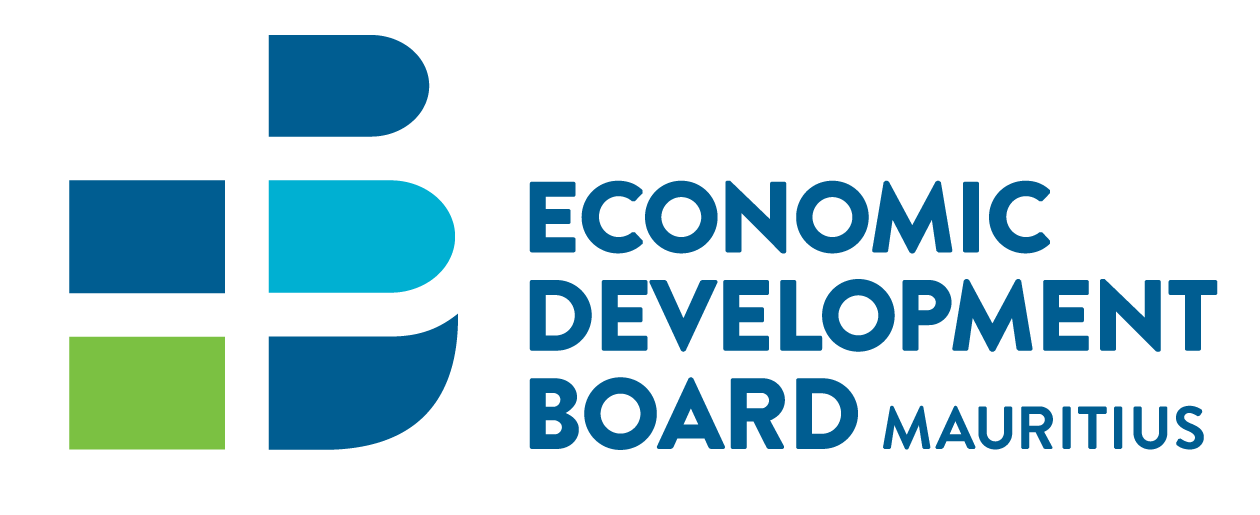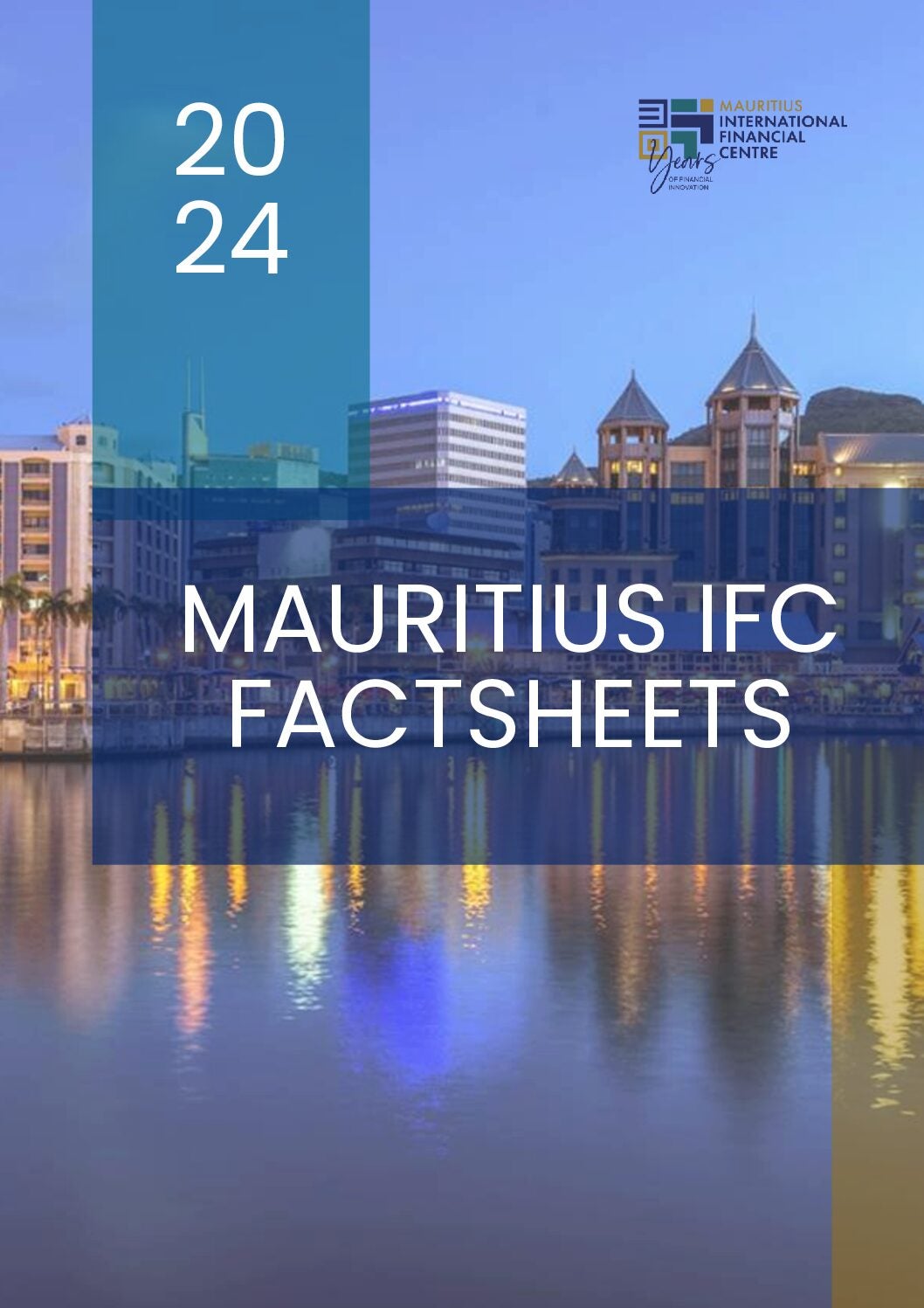
Africa accounts for almost a fifth of the world’s population and is rich in resources. Yet, it is the destination for just 3% of global clean energy spending, according to the International Energy Agency (IEA). Meanwhile, hundreds of millions of people in the continent still don’t have access to electricity and almost a billion continue to cook using dirty fuels, contributing to air pollution that is worse than that produced by the aviation sector.
The Financing Clean Energy in Africa report, published in conjunction with the African Development Bank (AfDB) last year, says to meet African development ambitions and close the energy access gap, financial commitments must more than double from today’s levels to more than $200 billion per year by 2030 with nearly two-thirds of that invested in clean energy projects.
“Africa is home to more than half of the world’s best solar resources, as well as great potential for hydro, wind and geothermal power, among others. But these riches are largely untapped and they will remain so without greatly improved access to capital,” the report argues. It also says that Africa is uniquely positioned to help lead the revolution on global clean energy industrial value chains because it accounts for 80% of the world’s platinum reserves, 50% of cobalt reserves and 40% of manganese reserves, as well as huge resources for graphite, lithium and green hydrogen.
Unleashing the African growth opportunity
“Despite ample resources and favourable underlying economics, multiple barriers challenge the development of profitable clean energy opportunities in Africa and deter private investments in projects and companies at the necessary scale,” says Oumila Sibartie, co-founder of Lineage Investment Services, a corporate finance advisory firm based in Mauritius, which helps mobilise international investment for infrastructure projects in Africa.
The financial sector in Africa is still relatively small and bank dominated. The cost of credit is high – at least two- to three- times higher than in Europe and North America – and policy and regulatory environments in many sub-Saharan African countries are too weak to reassure investors that their capital will be protected.
As a result, projects remain on the table and energy costs rise for Africa’s consumers – including the poorest households and least developed economies. At Africa Energy Week, to be hosted in Cape Town in South Africa in November, the Economic Development Board of Mauritius (EDB Mauritius) will be hoping to persuade private international investors of the island’s strengths as a robust International Financial Centre (IFC) focused on innovative financing mechanisms for the funding of a sustainable future in Africa.
Strengths of Mauritius as an IFC
Over a period of more than 30 years, Mauritius has been developing its financial ecosystem, with foundations rooted in a history of international trade and an independent legal system aligned with French and British law.
As a credible and reliable jurisdiction, Mauritius meets all 40 requirements of the Financial Action Task Force (FATF). It is also deemed to have no Harmful Tax Practice as per the OECD’s FHTP peer review mechanism and is whitelisted by the EU.
Additionally, in relation to FATCA, Mauritius signed an Agreement for the Exchange of Information Relating to Taxes with the U.S. and established the legal framework to enable exchange of tax information between the two countries, including the Inter-Governmental Agreement. This guarantees the automatic exchange of information under the Common Reporting Standards (CRS).
Mauritius also boasts an extensive network of Investment Promotion and Protection Agreements (IPPAs) with various African nations. These agreements provide legal safeguards, protecting investors from expropriation and other forms of political and legal risks, thereby ensuring that investments remain secure even in markets perceived to be volatile.
Africa is uniquely positioned to help lead the revolution on global clean energy industrial value chains – and the Mauritius IFC is starting to gain recognition from the international private markets as the platform to support the continent achieve that potential.
In 2021, the Financial Services Commission (FSC) in Mauritius introduced a sustainable finance taxonomy aligned with global standards, like the Green Bond Principles, to appeal to the growing cohort of international sustainable finance investors. Such an initiative has gained momentum with many companies embracing sustainability as part of their services offering.

With regards to structuring of investments, the flexibility provided through the Variable Capital Companies (VCC) Act of 2022 enables investors to tailor their strategies to the unique demands of African markets, including the energy sector.
With these attributes, Mauritius aims at de-risking investments, maximising returns, and embracing Africa’s challenges as an opportunity for growth.
“Mauritius is uniquely equipped to support financing structures essential for renewable projects,” Sibartie explains: “We can structure financial deals through private equity, venture capital, and public-private joint ventures. We work with a wide range of investors including institutional and high-net-worth individuals and our diversified investor base is increasingly seeking out sustainable projects to align with their values and financial goals.”
She says Mauritius, home to 19 local and international banks, can offer investors looking to engage with African markets the opportunity to minimise the complex navigation often required when dealing with different regulatory environments across countries and mitigate the risks associated with multi-currency transactions.
“In collaboration with global efforts, the Mauritius IFC can act as a model for other African nations,” Sibartie says confidently. But for now, she is looking forward to raising awareness of the island nation’s commitment to developing finance structures adapted to Africa’s unique circumstances and environmental responsibility.
As the future outlook for ESG initiatives in Mauritius unfolds, there is definitely a need for an increased regulatory oversight by strengthening regulations and policies to promote ESG best practices, as well as pushing for enhanced transparency, and compliance. As a result of the recent developments, investment in climate-resilient infrastructure, renewable energy, and adaptation measures are on the rise. The Government of Mauritius and the private sector are both aggressively pursuing eco-friendly initiatives and certifications such as the Green Key or Green Globe.
On the same wavelength, Mauritius may witness an increased use of innovative technologies to address ESG related challenges, such as AI-powered data analytics and IoT applications for resource management.
To that end, a Mauritius – based company, namely, CareEdge Ratings Africa is collaborating with the Africa Union’s Africa Peer Review Mechanism (APRM) to establish the first ever Africa Rating System. This rating system includes a significant ESG component and thus, will enable an Africa – centric assessment of investment projects.
In addition, Mauritius possesses three distinct exchange platforms including the Stock Exchange of Mauritius (SEM), AFRINEX and MINDEX, which have altered the local capital market landscape. This will notably strengthen the image of the Mauritius International Financial Centre (Mauritius IFC) as a key capital raising platform for Africa and will eventually help to bridge the finance gap in the continent estimated at USD 2.3 trillion of impact investment by 2030.
Explore the advantages of the Mauritius IFC in the free guide below



